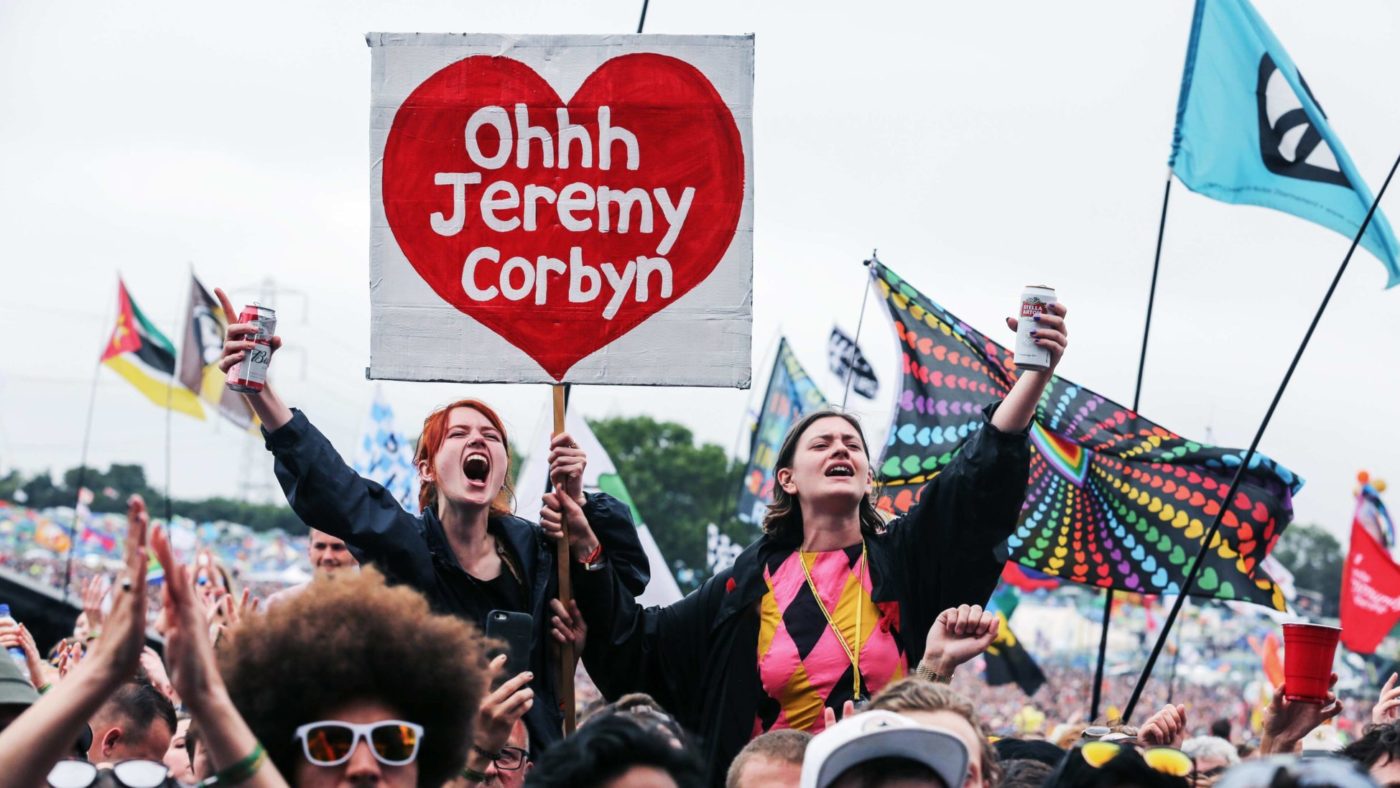Across the globe, free markets, capitalism and enterprise are on the back foot. The engines that have lifted 1.5 billion people out of poverty over the last 30 years are suddenly found rusty. Government action and market intervention are back in vogue, even amongst parties of the centre-right.
So, let’s accept one thing upfront: capitalism, based within a free-market system, is flawed and often undermined by vested interests. Yet, despite these imperfections, it soars far above any other solution invented in the history of man to bring health, wealth, and happiness. And its respect for personal autonomy, freedom, and empowerment is second to none.
Yet, the zeitgeist seems against it. One group particularly sceptical of its transformational capabilities is the young. Far more enticing is a socialist nirvana of goodies for everyone, virtue signalling, “it’ll be better next time” platitudes. A Starbucks-drinking, iPhone-using, Asos-draped, socially liberal younger generation appears ready to abandon the very economic liberalism which gave them the choice and freedom they take for granted. Why?
Earlier this year, we set up FREER to answer these kinds of questions. Later this month we will publish our latest paper, examining attitudes to capitalism, and setting out how to make the case for freedom to tomorrow’s voters today.
Over the summer, we commissioned exclusive polling from Number Cruncher Politics to delve more deeply into younger people’s views of capitalism and, crucially, how to re-connect with them. The results are stark; capitalism has a problem across the board. Yet, they also showed pathways to changing minds.
First, we’ve got to do more to get the basics right – housing, cost of living, and the like. Whether we like it or not, business has got to do better to explain its mission and purpose. Yet there are also chinks of light: in some ways, the youngest voters seem more receptive to economic liberalism than their older counterparts. We have a platform to build from – if we want to take it.
The answer, therefore, is not to give up, or start anew. Rather, we must change how and where we make the case for freedom and markets. In our paper, we’ve proposed a six-point plan to tackle socialism: ceasing to treat all voters under 40 as the same, shunning the spreadsheets and showing our moral mission, separating austerity from capitalism, showing that economic liberalism and social liberalism are intertwined and re-doubling our efforts to spread our message. And finally, we need to sell people something: capitalism needs to be shaken free of its vested interests, and people need to feel that their lives will get better.
All too often, when we talk of economics, we talk into a void. The younger generations accept and articulate social liberalism so completely, that the more politically engaged are reduced to arguing on the margins of social policy. Meanwhile, many forget the benefits of economic liberalism, because it is so deeply ingrained within their daily lives.
The job for liberals, therefore, is to remake the connection between economics and politics. Common values link these debates. Choice, empowerment, and individualism are so obviously essential to living how one wishes, and loving whomever one chooses. But these are at the heart of economic liberalism, too. If you value choice in the bedroom, you should also value choice when you purchase the bed. It’s time we talked about these things from the heart as well as the head.


